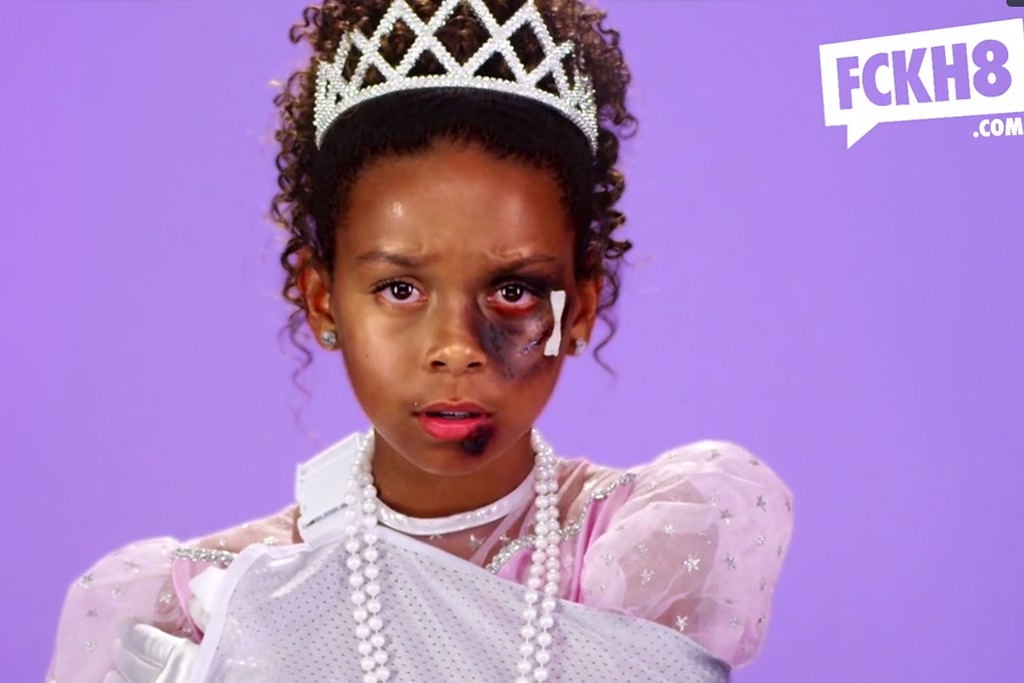The Six Sneakiest Viral Campaigns That Tricked You In 2014
Everything is a marketing campaign. You have been warned.

The Six Sneakiest Viral Campaigns That Tricked You In 2014

Once upon a time On The Internet, we were all much more cynical. The Snopes.com turnaround was quicker, email chains were debunked before you could say “Bill Gates is donating 5c to cancer research for every forward”, and advertising agents and other nefarious types hadn’t yet worked out sneaky ways of dazzling us with apparently “real” viral content.
Ok remember that everything is a hoax goodnight
— Rusty Foster (@rustyk5) March 9, 2014
Yes, it’s been a banner year for “amazing” videos, photos and other bits of internet ephemera that later turned out to be advertising — and the collective unconscious’ relative slowness in realising that there was something fishy afoot recalls the mid-’90s.
A while back, I asked Matt Novak, the editor of Gizmodo’s Paleofuture blog who has debunked countless photo hoaxes, what was behind this apparent unwillingness to engage in critical thought. “I think many people are desperate to find something fantastic in the world,” he said. “Somehow, the more unbelievable an image may appear, the more some people are willing to believe it.” And somehow, no matter how slick a viral video is, we’re more willing to believe it’s telling us something beautiful rather than selling us something.
With that in mind, here’s a handful of this year’s most nefarious “viral” moments. Don’t let the (second) age of gullibility worry your pretty heads too much, though; as Matt said, “The truth will win. And it’s a lot easier and faster to fix an error or a hoax online than it is fix one in a deadtree encyclopedia. But, of course, it’s a lot easier and faster to spread lies online as well.”
–
Words by Clem Bastow.